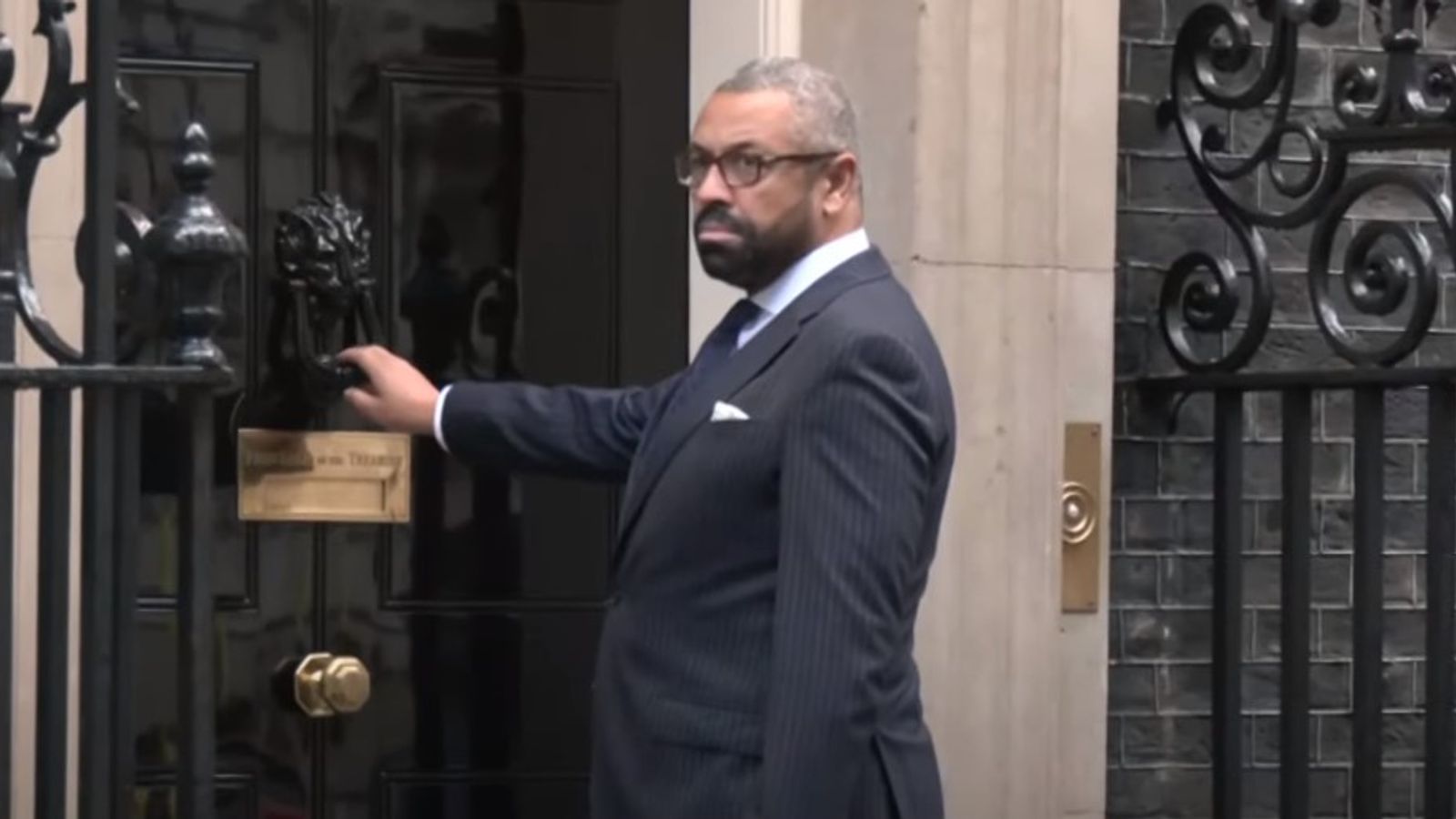Households will be able to apply for a £5,000 grant to swap their gas boiler for a low-carbon heat pump, as part of government plans to cut emissions.
The government announced that the £450m Boiler Upgrade Scheme, which is part of the more than £3.9bn funding to cut carbon from heating and buildings, will be used to help it reach its target for all new heating system installations to be low carbon by 2035.
However, the government insisted families will not be forced to remove their existing fossil fuel boilers.
Ministers said that switching to low carbon heating will cut emissions and reduce the UK’s dependency on fossil fuels, as well as its exposure to global price spikes in gas. It will also support up to 240,000 jobs across the country by 2035, they added.
The scheme will encourage people to install low carbon heating systems such as heat pumps, which run on electricity and extract energy from the air or ground.
The £3.9bn funding will be used to cut carbon from heating and buildings, including by making social housing more energy efficient and cosier, as well as reducing emissions from public buildings, over the next three years.
The £5,000 grants will be available from April and will mean people installing a heat pump will pay a similar amount to those installing traditional gas boilers, according to the plans.
The grants for heat pumps will be available for households in England and Wales, as part of the UK-wide heat and buildings strategy.
Heat pumps currently cost an average £10,000 to install and do not necessarily deliver savings on running costs despite being much more efficient than gas, because green levies are higher on electricity than on gas.
The government said its plans would help people install low-carbon heating systems in a simple, fair and cheap way as they replace their old boilers over the next decade.
It said it would work with industry to make heat pumps the same cost to buy and run as fossil fuel units by 2030.
Subscribe to ClimateCast on Spotify, Apple Podcasts, or Spreaker.
Prime Minister Boris Johnson said: “As we clean up the way we heat our homes over the next decade, we are backing our brilliant innovators to make clean technology like heat pumps as cheap to buy and run as gas boilers – supporting thousands of green jobs.
“Our new grants will help homeowners make the switch sooner, without costing them extra, so that going green is the better choice when their boiler needs an upgrade.”
Business and Energy Secretary Kwasi Kwarteng added: “Recent volatile global gas prices have highlighted the need to double down on our efforts to reduce Britain’s reliance on fossil fuels and move away from gas boilers over the coming decade to protect consumers in long term.
“As the technology improves and costs plummet over the next decade, we expect low carbon heating systems will become the obvious, affordable choice for consumers.”
Greg Jackson, chief executive and founder of Octopus Energy, said that when the grant scheme launches, his company will install heat pumps at about the same cost as gas boilers.
“Electric heat pumps are more efficient, safer and cleaner than gas boilers and can help make homes more comfortable with less energy,” he said.
“Today we’ve crossed a massive milestone in our fight against climate change and to reduce Britain’s reliance on expensive, dirty gas.”
Labour’s shadow business secretary, Ed Miliband, said: “As millions of families face an energy and cost of living crisis, this is a meagre, unambitious and wholly inadequate response.
“Families up and down the country desperately needed Labour’s 10-year plan investing £6bn-a-year for home insulation and zero carbon heating to cut bills by £400 per-year, improve our energy security, create jobs and reduce carbon emissions.
“People can’t warm their homes with yet more of Boris Johnson’s hot air but that is all that is on offer.”



